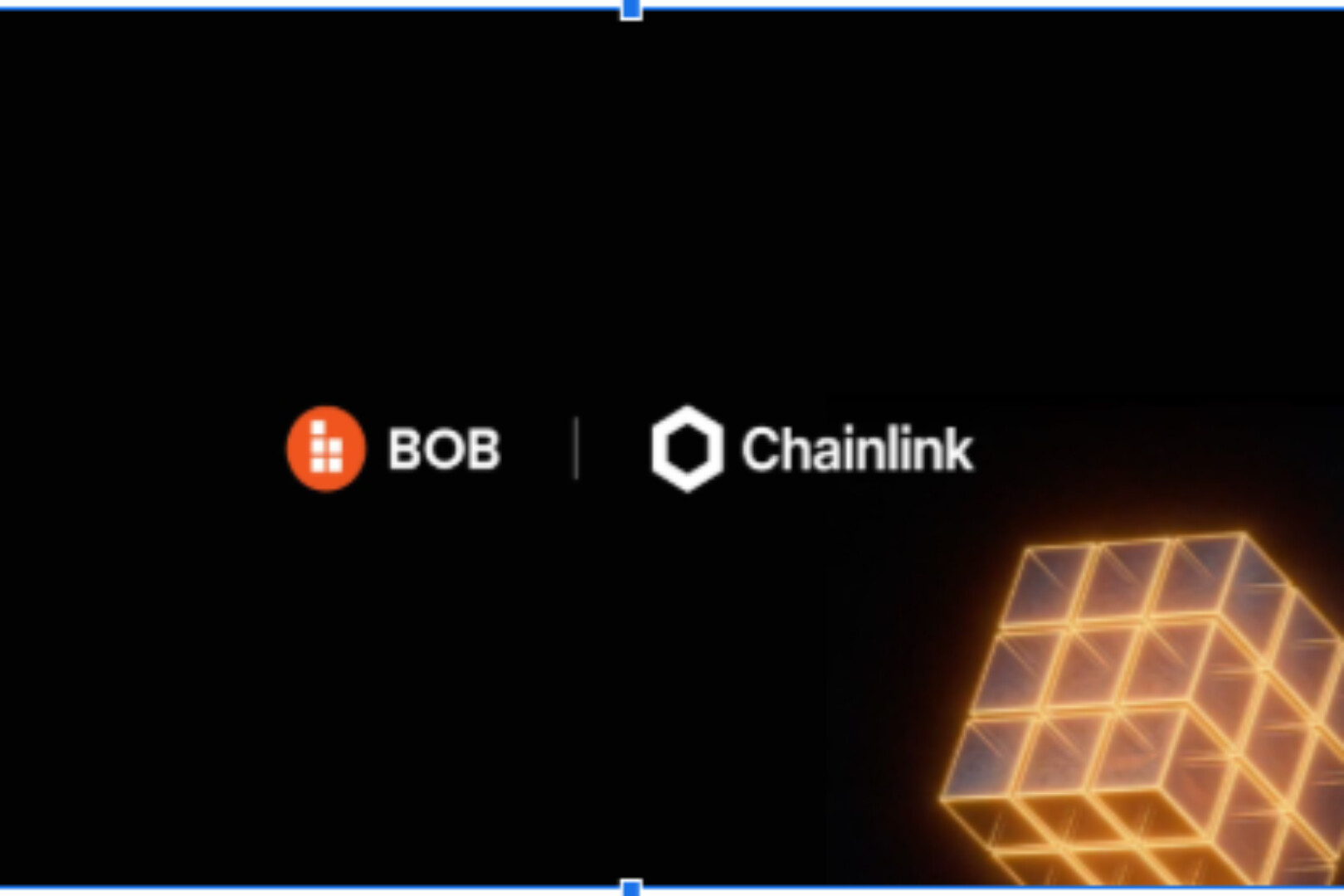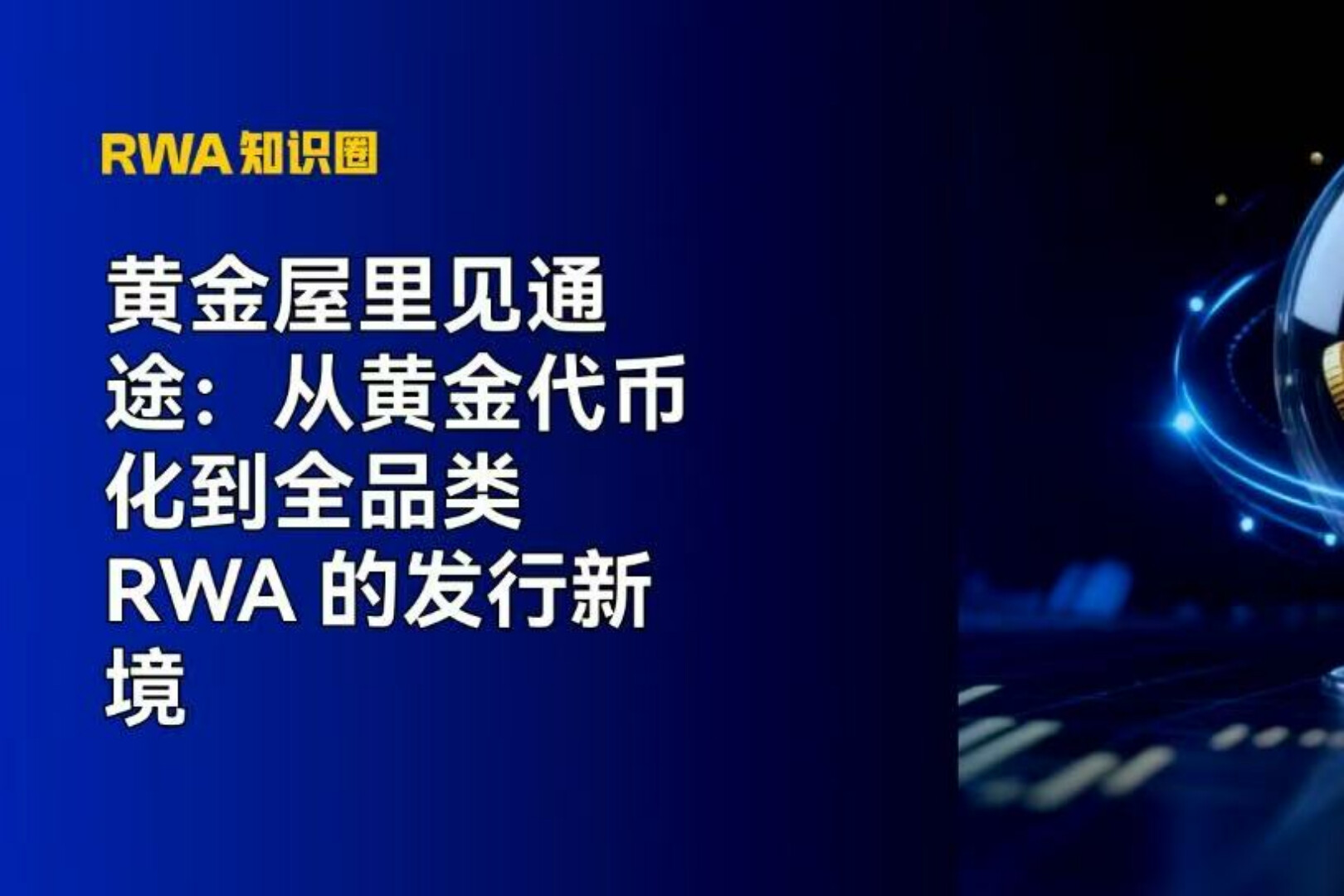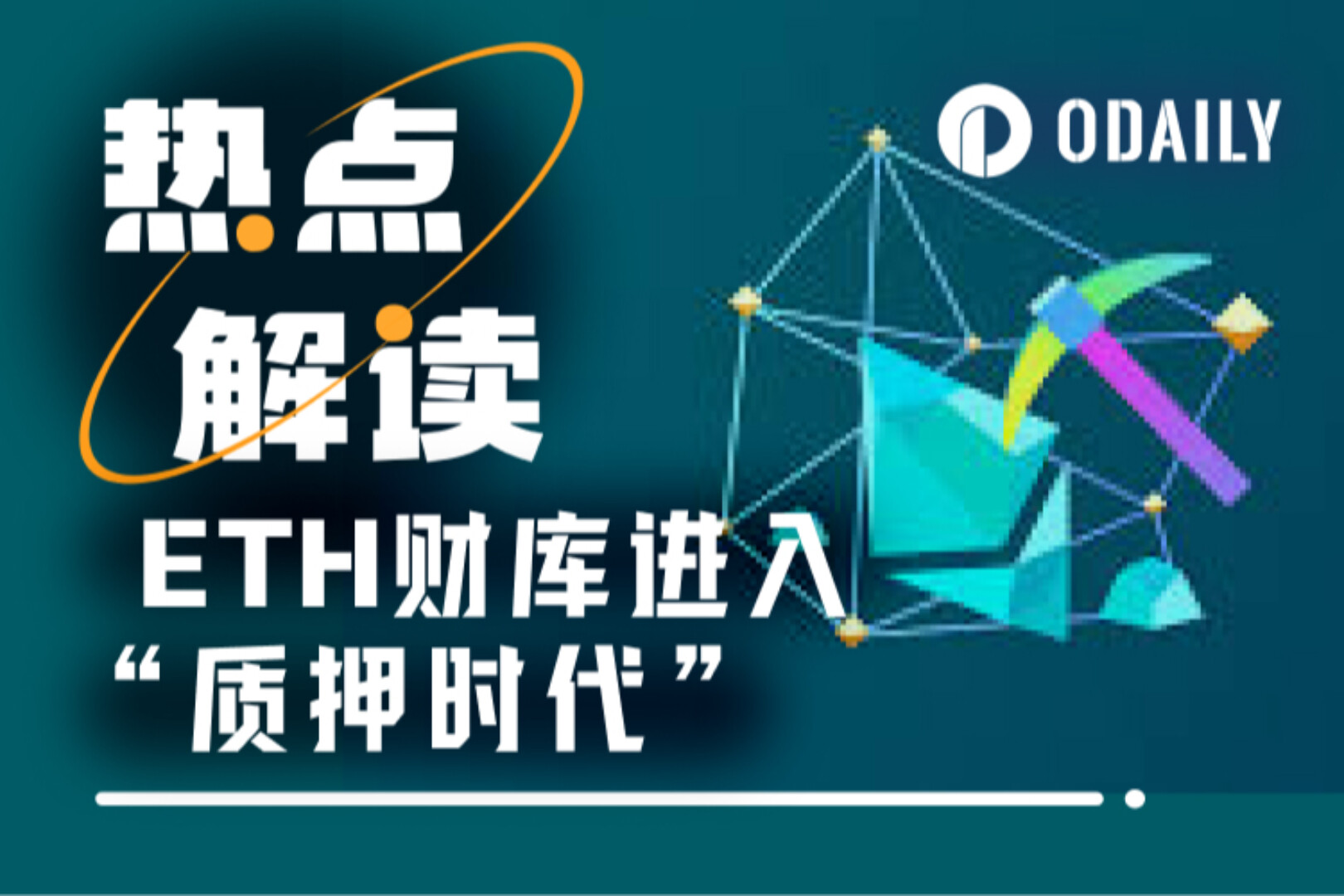On February 26, 2024, Eric Zhang was invited to attend the X Space event organized by BNBChain. The event focused on the discussion of decentralized governance. The following is a summary of Eric's speech during the discussion.
MC: Welcome Eric to our themed Space event. Please give us a brief introduction of your project.
Eric: Thank you, Mehmet. I'm glad to join the BNBChain X Space event and discuss the topic of decentralized governance with everyone. You may be familiar with DoraHacks, a global geek movement platform and hacker marathon community. It is also one of the most active Web3 developer incentive platforms. Dora Factory aims to provide solutions to a crucial problem encountered in the funding process for the Web3 open-source community and ecosystem, which is how to make open-source funding more sustainable. This is crucial for the development of Web3 and the entire open-source world.
Dora Factory has developed two products to solve this problem. The first one is Public Good Staking (PGS). The concept of Public Good Staking is to incentivize the development of the entire blockchain ecosystem through native block rewards. Currently, Dora Factory PGS includes validation nodes on more than 30 blockchains, including L1 and application chains, making it one of the fastest-growing validation infrastructures in the industry.
The other product is Dora Vota, a decentralized governance application chain with advanced governance technology. It helps communities improve fund utilization efficiency through effective and efficient decentralized governance.
MC: The concept of decentralized governance may still be unfamiliar to some people. Could you briefly explain it?
Eric: Certainly. For example, when you have decentralized financial infrastructure like a Layer 1 blockchain or decentralized applications like DAOs, you have a decentralized community. This community is decentralized, and its members may come from different parts of the world. So, how do you make important decisions? This is where decentralized governance plays a role.
It is reflected in practice. People can use relevant technologies and protocol stacks to make collective decisions in a decentralized environment. For example, we can create specific blockchain-native mechanisms, such as Futarchy, for decentralized communities to make governance decisions based on prediction markets. MC: How do you think decentralized governance will promote the development of blockchain technology? Eric: I believe the spirit of decentralized governance technology is consistent with blockchain technology itself. Blockchain consensus protocols coordinate distributed machine networks, providing decentralized financial infrastructure. Centralized governance protocols coordinate the people in decentralized communities, helping them reach consensus. However, blockchain protocols are maintained by people, so decentralized governance is important. For example, the previous DAO Hack hard fork and BTC/BCH hard fork. Without governance, hard forks are the only available option in case of major disagreements. But with decentralized governance protocols, people can reach consensus on a human level. This is a significant advancement in decentralized communities. It also helps the development of new generations of blockchain technology, which is consistent with the development of multi-chain and applicationchain movements. Users can now choose their preferred chains and communities mainly due to the development of decentralized governance, and we are still in the early stages of this movement. MC: Can you share an example that demonstrates the practical impact of decentralized governance on projects or communities? Eric: There are so many examples. Because Dora Factory's public goods staking verifies many blockchain networks, we participate in the governance of many ecosystems. There are common issues such as routine software upgrades, recovery of IBC channels, as well as controversial topics. Two weeks ago, our proposal for Injective (Proposal No. 341) was approved. We proposed to deploy quadratic funding smart contracts and launch Injective's native quadratic funding. The proposal passed with overwhelming support. The community was very enthusiastic about this. Of course, there is also a more significant example. For instance, the controversial proposal CosmosHub Proposal No. 848, which reduced inflation rate from 20% to 10%, ultimately got approved. There were also significant debates during the Cosmos ATOM 2.0 proposal period.This proposal did not ultimately pass. As a community member, if you really don't like it, you can sell your tokens and join another community at any time. But decentralized governance can bring people together. MC: What trends do you see in decentralized governance, and how will these trends shape the future of blockchain technology? Eric: I can't speak for the entire industry, but for us, the development of zero-knowledge proofs and how they can be applied to decentralized governance is important. Dora Vota has currently developed a universal interface for MACI, where we can participate in voting and decentralized governance through zero-knowledge proofs, protecting the privacy of voters and resisting collusion. As early as 2022, ETHDenver used MACI to incentivize the hackathon BUIDL. In that voting event, we whitelisted Spork DAO holders who could vote anonymously, and the final results were verified through zero-knowledge proofs. Since then, MACI has been applied more and more in open-source funding, such as the 0x hackathon, Opensea, and Replit hackathons. Now, with Dora Vota, developers can deploy governance technologies like MACI at a much lower cost, allowing even very small communities to have their own decentralized community governance. MC: How do you think regulatory considerations will impact the design of decentralized governance models, and how will you address these challenges? Eric: I believe decentralized governance technologies are helping address this issue. Over time, achieving true decentralization of Web3 protocols, sufficient community autonomy, protecting community users, and honoring commitments will be one of the most important things. Decentralized governance technologies may be the most important in ensuring this. X Space interview recap: [https://twitter.com/i/spaces/1DXxyjleNDWKM?s=20](https://twitter.com/i/spaces/1DXxyjleNDWKM?s=20)About DoraFactory
Dora Factory has created protocols, tools, and public infrastructure to help the development of the open-source community and cutting-edge technology developers. Dora Factory is one of the fastest-growing PoS validators with a total locked value exceeding 300 million dollars.
About Dora Vota
Dora Vota is a blockchain specifically designed for voting and decentralized community governance. Vota is the first to introduce quadratic funding into the Cosmos Hub.





